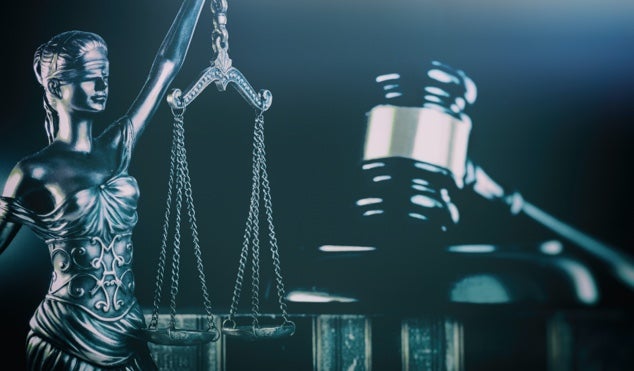Almost every type of business agreement involves a contract of some kind; when these contracts are breached, the wronged party can file a lawsuit to recover lost compensation.

for a lawsuit
Construction lawsuits can involve defects, delays, payment and performance bonds, engineer and architect malpractice, or other related issues.
Employment lawsuits aim to resolve contract disputes, commission disputes, unpaid compensation such as bonuses or severance, and tortious interference.
When an insurance agent, legal professional or accountant commits professional misconduct that results in losses for a client, the client can file a professional malpractice claim.
Unpaid commissions and compensation claims can be brought by employees, independent contractors, or anyone with a contract to receive compensation or a commission in exchange for services.




